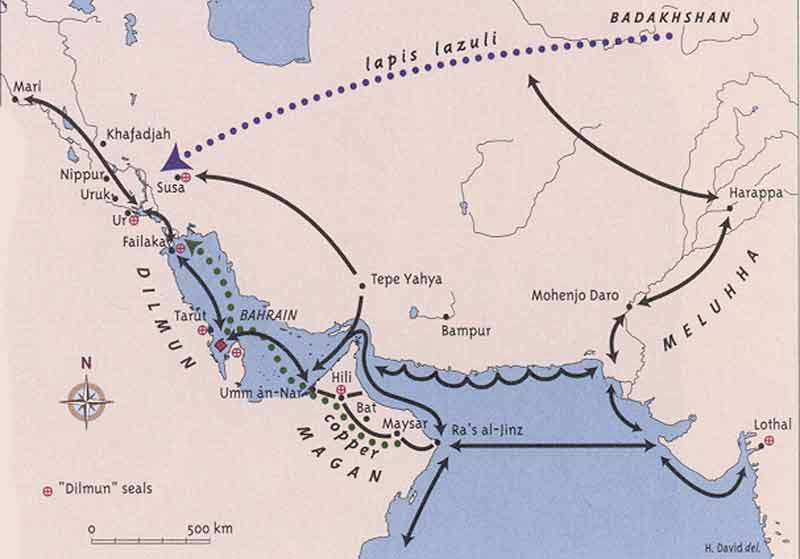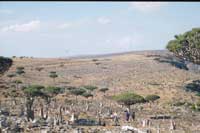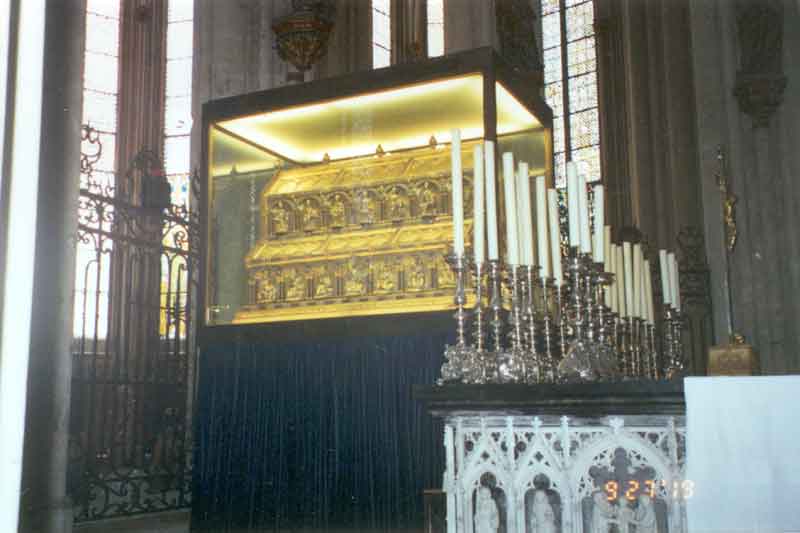Southern Arabia, which is one of two regions where Frankensence and Myrrh are considered to be indigenous, gave rise to a series of myths and stories. These undoubtedly originated perhaps as early as the Bronze Age and were soon adopted by the regions neighbors.
|
|
 Dilmun/Eden
Dilmun as a geographical/historical entity first appears in the Late Uruk period texts of Southern Meopotamia dated to the late fourth millenium BC. Cuneiform records and the archaeological record suggest the region served both as a center of trade as well as a focal point of regional mythology. |
|
 Phoenix
Based on the mythological accounts described by Herodotus in the fifth century BC, numerous scholars have suggested that the Phoenix story may be centered on the Incense Lands of Southern Arabia and perhaps more specifically the island of Soqotra. |
|
 Punt
The ancient Egyptians beginning in the Old Kingdom refer to the Southern Red Sea region as the land of Punt. As in the case of Dilmun, the region was a focal point of both economic and mythological emphasis. |
|
 The Story of the Magi
Based on the supposed Persian control or influence in the Eastern Arabian Incese Lands, perhaps as early as the mid first millenium BC, scholars have suggested that such accounts as the arrival of the wise men to pay homage to the baby Jesus again telescope economic and cultural perspectives. |
|
 Ubar
The indigenous Iron Age inhabitants of the Southern Arabian Incense Lands undoubtedly created their own defense mechanisms to fend off jealous neighbors. Stories such as the Ubar Legend may be a reflection of such a cultural pattern. The Early Islamic historians continued to support such ideas as expressed perhaps in the legendary Thousand and One Nights |